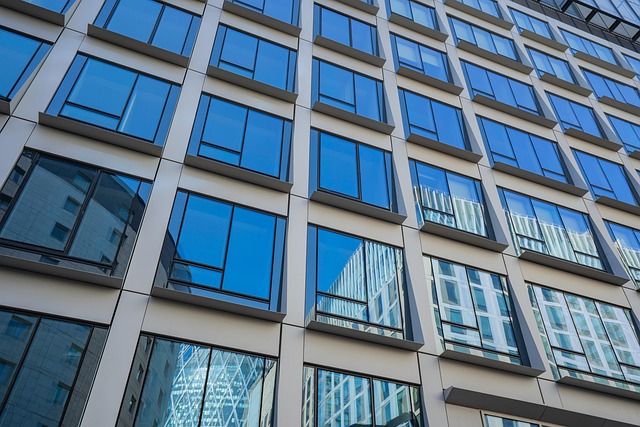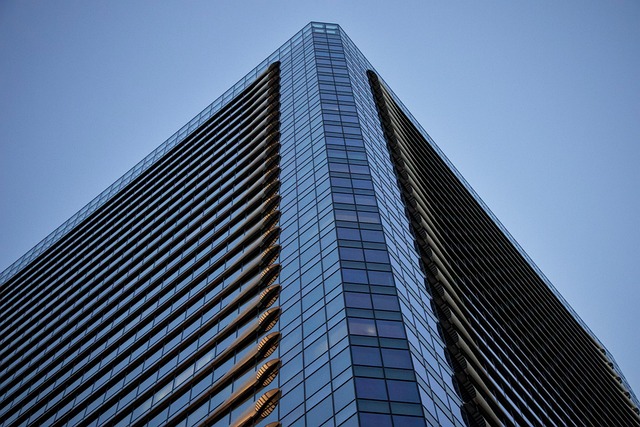Selecting the optimal commercial gas hot water heater is essential for restaurants and hotels, balancing performance, energy efficiency, and space constraints. Condensing technology and tankless systems offer significant savings and reduced environmental impact, ideal for high-demand institutional settings. Fitting these heaters in tight mechanical rooms requires strategic planning, secure mounting, and adherence to regulations, with regular maintenance crucial for safety and longevity. Modern solutions enhance operational efficiency while mitigating risks associated with confined spaces.
In today’s fast-paced business environment, efficient and reliable hot water supply is paramount. Compact commercial gas hot water heaters are gaining popularity for their space-saving design and robust performance. However, installing them in tight mechanical rooms presents unique challenges. This article explores the essential aspects of fitting these heaters, from understanding specific requirements to implementing best safety practices, ensuring optimal operation in constrained spaces. Key components, installation tips, and maintenance tricks are also covered to empower professionals with the knowledge needed for successful installations.
- Understanding Commercial Gas Hot Water Heater Requirements
- Fitting Considerations for Tight Mechanical Rooms
- Key Components and Installation Best Practices
- Safety Precautions and Maintenance Tips
Understanding Commercial Gas Hot Water Heater Requirements

When it comes to commercial spaces like restaurants, hotels, and institutions, selecting the right commercial gas hot water heater is paramount. These settings demand robust, reliable, and efficient commercial hot water systems to meet their unique needs. Unlike residential applications, tight mechanical rooms necessitate compact, space-saving solutions that still deliver high capacity water heaters for ample hot water supply.
Choosing between gas fired heating, storage tank heaters, or tankless gas systems depends on factors like floor space, hot water demand, and energy efficiency goals. Advanced condensing technology offers significant energy savings compared to traditional models. Ultimately, selecting the ideal commercial gas hot water heater should balance performance, capacity, and energy efficiency to ensure optimal operation and reduce long-term costs in demanding institutional settings.
Fitting Considerations for Tight Mechanical Rooms

Fitting compact commercial gas hot water heaters in tight mechanical rooms requires careful consideration to maximize space utilization and ensure optimal performance. Mechanical rooms often present unique challenges, including limited floor area, reduced clearance, and stringent installation requirements dictated by local codes and safety standards. Therefore, selecting a suitable commercial gas hot water heater that accommodates these constraints is paramount.
When navigating tight spaces, consider high-capacity water heaters with compact designs and tankless gas systems, which offer both energy efficiency and space savings. Condensing technology, available in many modern commercial hot water systems, can further enhance energy efficiency by recovering heat from exhaust gases. This not only reduces operational costs but also minimizes the overall environmental impact of your institutional systems, making them ideal for applications like restaurant hot water and hotel water heating.
Key Components and Installation Best Practices

When fitting a commercial gas hot water heater in a tight mechanical room, attention to detail is crucial. Key components include the heater itself, a reliable gas supply system, and an efficient venting mechanism to ensure safe and optimal performance. The right commercial hot water systems incorporate advanced features such as condensing technology, which not only enhances energy efficiency but also reduces environmental impact, making them ideal for institutions like hotels and restaurants with high demand.
Installation best practices involve meticulous planning to accommodate the heater’s size and weight, ensuring proper clearance and secure mounting. Gas fired heating systems should be carefully assembled and tested, adhering to local regulations. For tankless gas systems or storage tank heaters, choosing the right capacity is vital to meet peak demands without compromising energy efficiency. These high-capacity water heaters are particularly beneficial for institutional settings where consistent, hot water supply is indispensable for various operations, contributing to overall facility management and guest satisfaction in hotels and restaurant settings.
Safety Precautions and Maintenance Tips

When installing or maintaining a commercial gas hot water heater in tight mechanical rooms, safety should be paramount. Always ensure proper ventilation to prevent the buildup of flammable gases and potentially dangerous carbon monoxide. Regular maintenance checks are crucial to identify any leaks early on, as well as to inspect the heater’s overall condition. Keep an eye on the temperature pressure relief valve (TPR) and the anode rod – both play vital roles in preventing tank failure and potential hazards.
For energy-efficient heating solutions, consider modern tankless gas systems or condensing technology, which can significantly reduce energy consumption without compromising performance. These advanced commercial hot water systems, like storage tank heaters, are designed to meet the high demands of institutions such as restaurants and hotels, offering both reliability and sustainability. Regular flushing and cleaning of the system, along with proper set points for temperature control, will contribute to the longevity and optimal functioning of your gas fired heating unit in tight spaces.
When it comes to compact commercial gas hot water heaters, fitting them in tight mechanical rooms requires careful consideration. By understanding the specific requirements, implementing best practices for installation, and prioritizing safety precautions, you can ensure optimal performance and longevity of these essential appliances. Remember, the right preparation and attention to detail will make all the difference in creating a safe, efficient, and functional space for your commercial needs.
